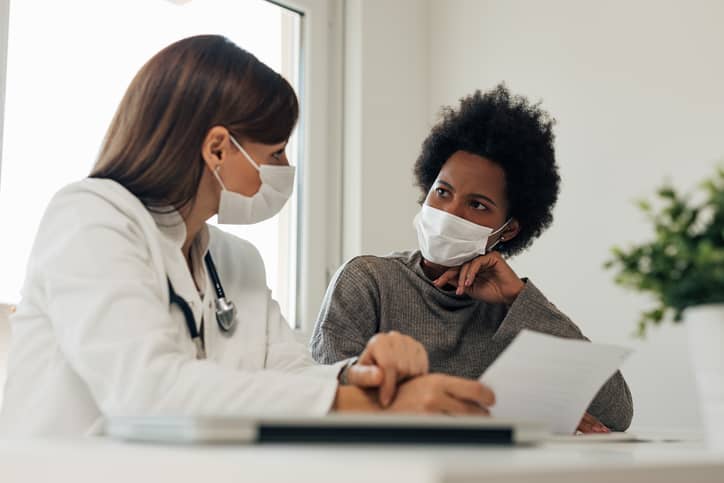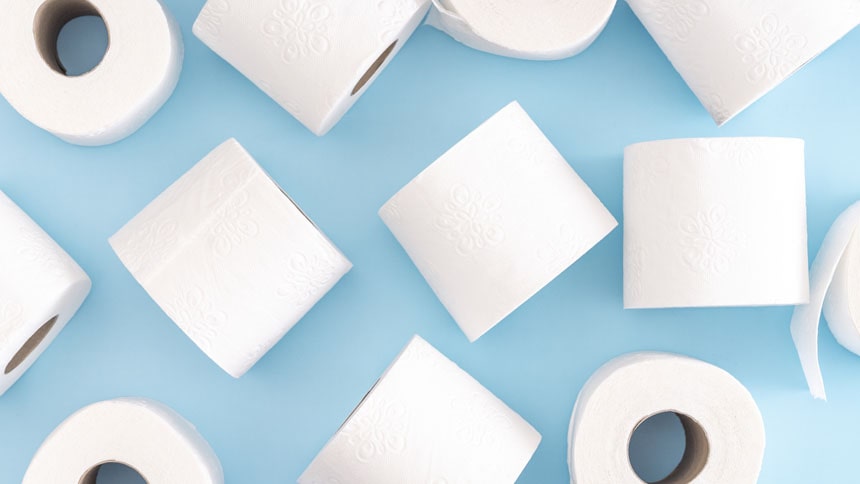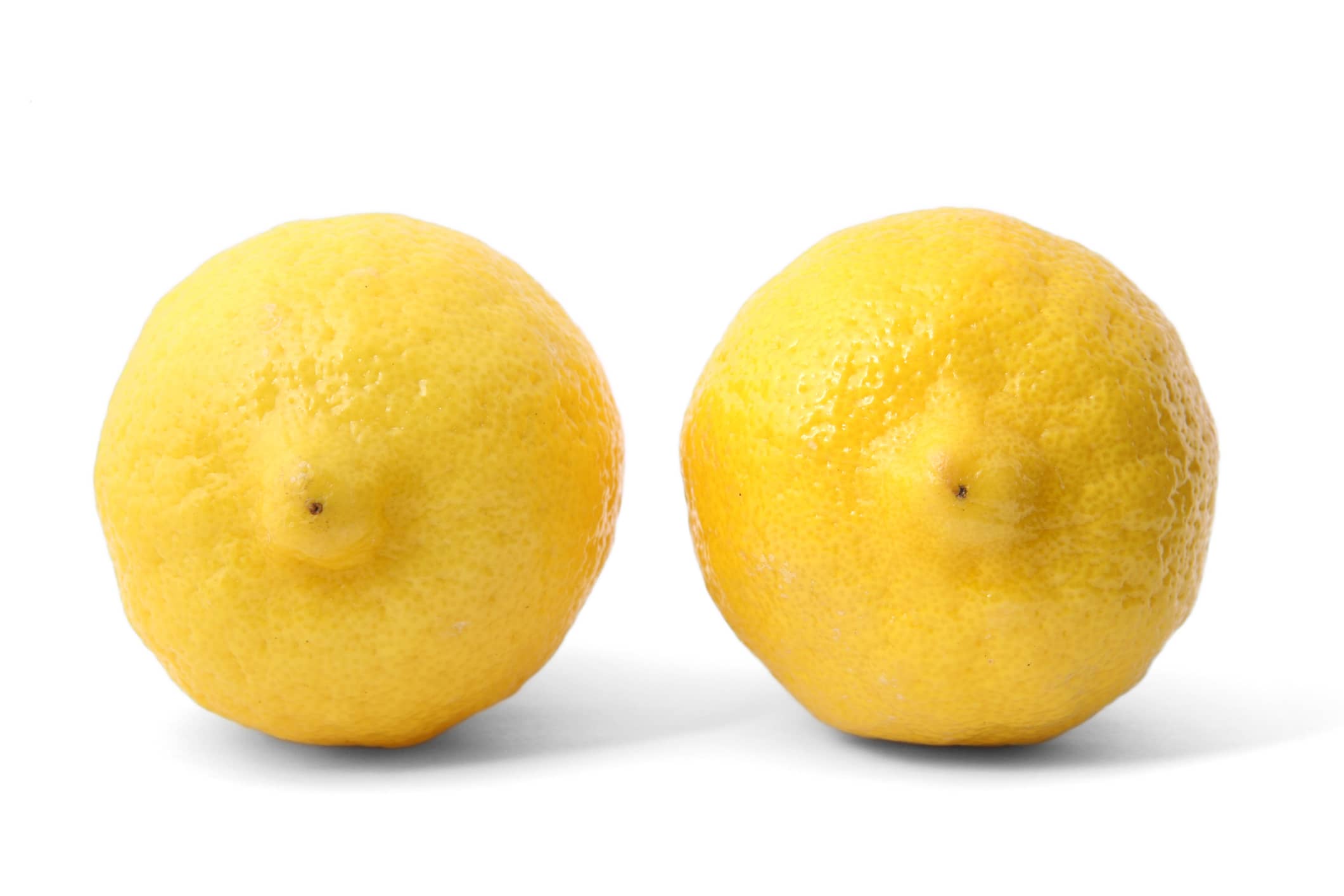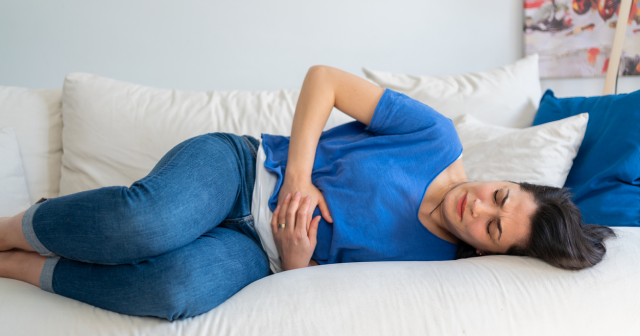How does your vulva and vagina change in menopause?
As your body goes through the changes of menopause – when you stop having periods – you may notice various symptoms, including changes to your vulva and vagina.
Your vulva is the sexual organs on the outside of your body. This includes your vaginal opening and lips (labia), and your clitoris. Your vagina is a tube inside your body, which leads from your vaginal opening to your womb (uterus).
Before the menopause, the hormone oestrogen prompts your body to make fluid and mucus that help keep your vulva and vagina moist and flexible. Oestrogen also helps keep the tissues in and around your vagina thick and supple, and stimulates your body to make substances that help protect it from infections.
But in menopause and the time leading up to it (perimenopause), your levels of oestrogen fall. This causes the tissues of your vulva and vagina to get thinner, and make less mucus and fluid. You might also notice that your vulva looks slightly different, because you can also lose fat tissue in this area.
These changes can lead to irritation, including soreness and itching, as well as an increased risk of infections.
It’s common to get vaginal and vulval irritation during perimenopause, menopause and afterwards (postmenopause). So read on to learn more, including things you can do to help.
Menopause and vaginal atrophy symptoms
Vaginal atrophy is the term for when the walls of your vagina become thinner and drier due to falling oestrogen levels, as described above.
You can get symptoms during perimenopause, menopause and postmenopause, although some people have no symptoms.
Vaginal atrophy symptoms can include:
- vaginal dryness – the most common symptom
- redness, soreness, burning or itching of your vulva or vagina
- pain during sex
- unusual vaginal bleeding, such as bleeding after sex
- vaginal discharge – this can be white or yellow, and may be due to an infection
- needing to pee urgently, or pain when peeing
- urinary tract infections (UTIs) that keep coming back
Menopause and vulval and vaginal itching
An itchy genital area is also common before, during and after menopause. Your falling oestrogen levels can affect how much vaginal fluid or discharge you make, which may lead to dryness and itching.
What’s more, your body makes less of a protein called collagen after the menopause, which can lead to your skin being thinner, drier and less supple. This can also cause an itchy pubic area.
Read more about itchy skin in menopause.
Why do I have a sore clitoris area in menopause?
The clitoris is a soft small bump at the top of your vaginal opening. It’s very sensitive and creates feelings of sexual pleasure if rubbed and touched, which can lead to an orgasm.
In the menopause, your clitoris can get smaller. This is because, like the rest of your vulva, it can get thinner and drier as your oestrogen levels fall. This can affect how your clitoris feels, and sometimes lead to pain or soreness rather than pleasure when it’s stimulated.

When to see a doctor about menopause vulva irritation
Vulval or vaginal irritation during menopause is common, and isn’t usually serious. But you should see a doctor if:
- you have unusual vaginal discharge
- you have any unusual vaginal bleeding, including between periods, after sex or after the menopause
- you have any rashes, redness, or notice any skin changes on your vulva
- you think you could have a sexually transmitted infection (STI) – for example, if you’ve had unprotected sex with a new partner
- it’s not getting better after a few weeks, even if you’ve tried things to help
- it’s affecting your day-to-day life
Treatments for vulval and vaginal irritation during menopause
Suitable treatment options for your irritation can vary, depending on your symptoms and what’s causing them.
Dryness and itching can often be managed with vaginal moisturisers or water-based lubricant gels, which you apply to the affected area. These are available from pharmacies without a prescription.
If your symptoms are more troublesome, your doctor may prescribe topical oestrogen, either as a cream you apply or a tablet or ring you insert into your vagina. This works by restoring oestrogen to your vagina and vulva. It can help to improve elasticity and moisture, as well as giving you protection from UTIs.
Other hormone treatments are also available, including hormone replacement therapy (HRT) in the form of a tablet, gel or patches. This can also help with other common symptoms of the menopause, such as hot flushes. Speak to your doctor about whether HRT is suitable for you.
Your health questions answered
Does discharge change with age?
Answered by: Healthily's medical teamYes, the hormonal changes of perimenopause and menopause can affect your vaginal discharge. Falling oestrogen levels can change how acidic your vagina is, which can cause a watery discharge. And vaginal atrophy, which is common in menopause, can cause both dryness and discharge. The combination of vaginal dryness and a drop in acidity can also mean you’re more likely to get bacterial or yeast infections, such as thrush (candidiasis), which can cause a thick white discharge. If you have any unusual vaginal discharge, speak to a doctor.
Key takeaways
- vulval or vaginal irritation is common before, during and after menopause
- lower levels of oestrogen can lead to changes in your vulva and vagina
- this can cause symptoms such as dryness, soreness, itching and pain during sex
- pharmacy treatments can help, including creams, gels and moisturisers
- hormone-based treatments may be prescribed by your doctor







